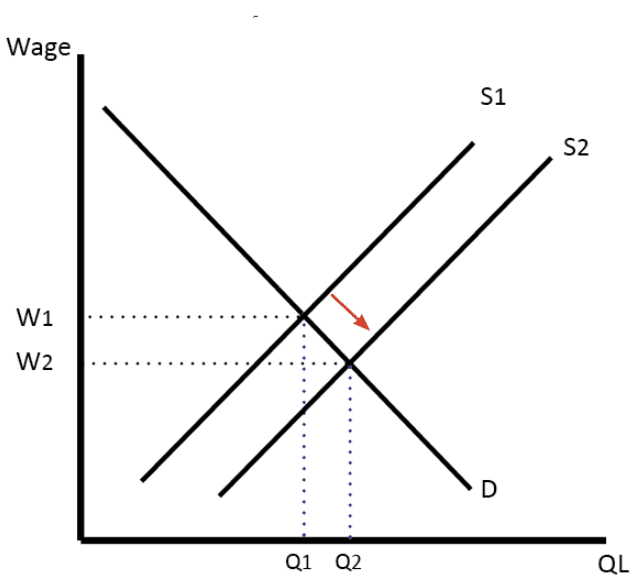To what extent did EU recession cause UK recession?
Readers Question: to what extent did the EU recession cause the UK recession? In economics often several factors occur at the same time, and it is difficult to give a weighting to the importance of each factor. To some extent, people will emphasise the factors which best suits their outlook / beliefs. It is no …

